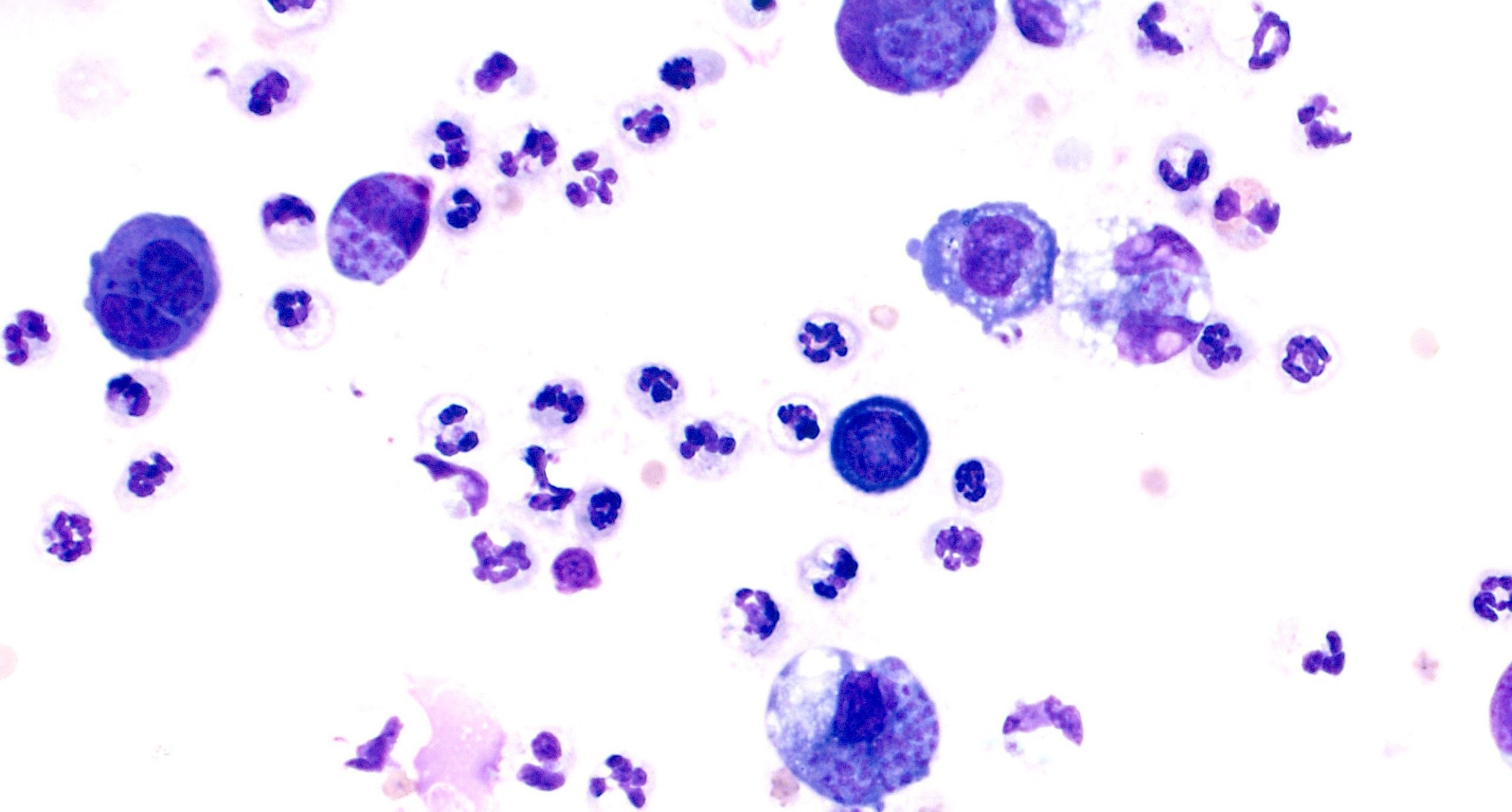
Toxoplasma
The research was led by Dr Shiraz Tyebji and Associate Professor Chris Tonkin from the Walter and Eliza Hall Institute in collaboration with Professor Anthony Hannan, Head of The Florey’s Epigenetics and Neural Plasticity Laboratory.
“As other epigenetic changes in fathers are known to be able to influence their children, such as those caused by trauma or smoking, we decided to look at whether the effects of epigenetic changes caused by Toxoplasma infection could also be passed between generations,” explained Dr Tyebji.
Studying mice with Toxoplasma the team discovered that sperm of infected fathers carried an altered ‘epigenetic’ signature which impacted the brains of resulting offspring. Molecules in the sperm called ‘small RNA’ appeared to influence the offspring’s brain development and behaviour.
“We were stunned to see that even the next generation – the ‘grandchildren’ of the original infected male – displayed changes in their behaviour,” added Dr Tyebji.
Professor Hannan explained this was the first time it had been shown that an infection in a male could result in epigenetic changes being transmitted to subsequent generations.
“While our studies were in mice, it raises an important question about whether infections in human fathers before conception also impact their children,” said Professor Hannan.
“We normally think more about how infectious diseases in women affect the developing fetus, but perhaps certain infections in men could have long-term impacts on subsequent generations’ health. This is certainly something we are following up, both looking at what is happening in humans, as well as investigating infections other than Toxoplasma, including animal models of infection with the SARS-CoV-2 virus, which causes COVID-19,” added Prof Hannan.
Associate Professor Tonkin said the study was an outstanding example of how collaboration enhanced medical research.
“We have combined more than a decade of research in my laboratory into Toxoplasma infections and their impact on brain development with the expertise Professor Hannan’s team has established in understanding the role of epigenetics in brain development and behaviour,” Associate Professor Tonkin said.
The research was supported by The David Winston Turner Endowment, the DHB Foundation (Equity Trustees), the National Health and Medical Research Council and the Victorian Government.
The study has been published in Cell Reports (DOI: 10.1016/j.celrep.2020.107573)
